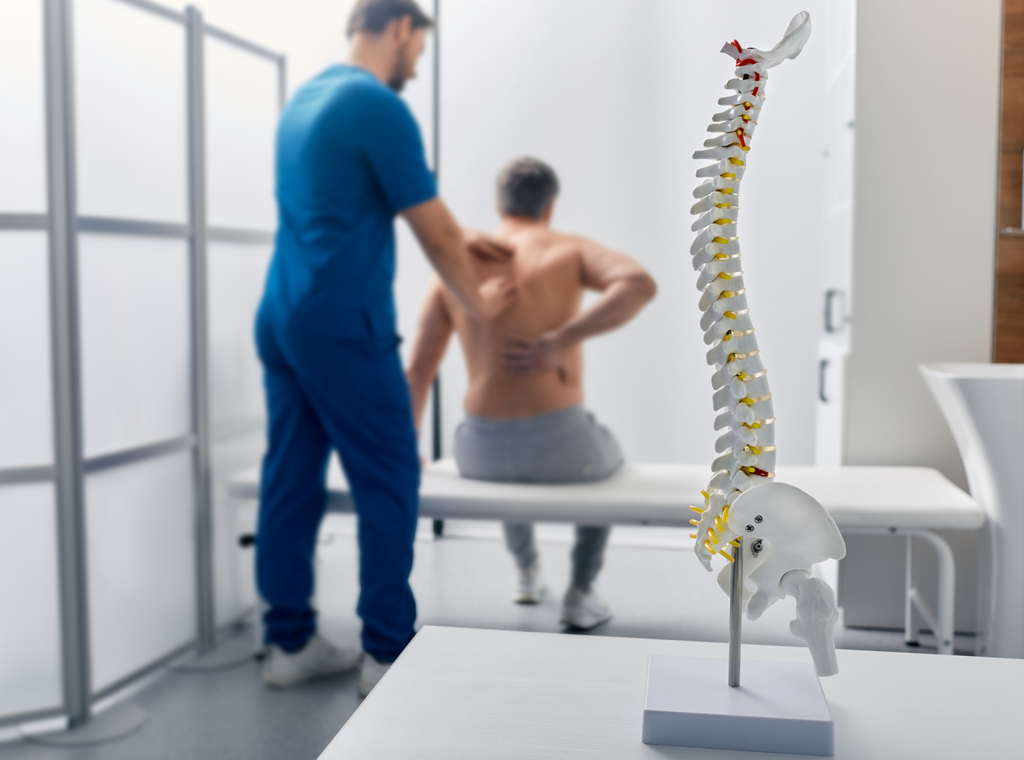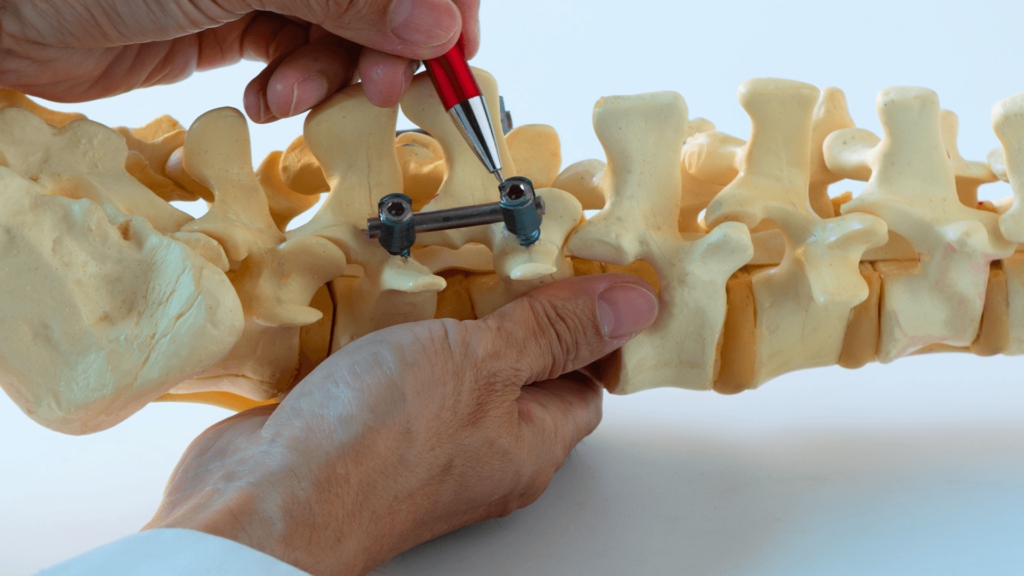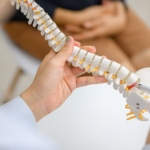Back Risks of Extended Running
Running is a fantastic way to stay fit, clear your mind, and enjoy the great outdoors. However, like any physical activity, it can sometimes lead to unexpected health issues. One common problem that many runners face is back pain. Every step you take while running puts stress on your spine. Over time, the repetitive impact can cause wear and tear on the spinal discs, leading to back pain. Your spine acts as the central support structure for your body, and the continuous jarring from running can exacerbate any underlying issues.
Additionally, running predominantly engages certain muscle groups, such as the quadriceps, hamstrings, and calves, while often neglecting others, including the core and lower back muscles. This imbalance can result in poor posture and increased stress on the back muscles, leading to pain and discomfort. Some common causes of back pain in runners include:
Running Form
One of the most common causes of back pain in runners is poor running form. Incorrect posture, overstriding, or an uneven gait can place undue stress on the spine and surrounding muscles.
Weak Core Muscles
A strong core is essential for maintaining proper alignment and reducing the strain on your back. Weak core muscles can lead to instability and increased pressure on the spine during running.
Inadequate Footwear
Wearing the wrong type of shoes or shoes that are worn out can alter your running mechanics and contribute to back pain. Properly fitted running shoes with adequate support can help mitigate this risk.
Overtraining
Pushing your body too hard without adequate rest and recovery can lead to overuse injuries, including back pain. It is crucial to listen to your body and allow sufficient time for recovery between runs.
Running Form
One of the most common causes of back pain in runners is poor running form. Incorrect posture, overstriding, or an uneven gait can place undue stress on the spine and surrounding muscles.
Weak Core Muscles
A strong core is essential for maintaining proper alignment and reducing the strain on your back. Weak core muscles can lead to instability and increased pressure on the spine during running.
Inadequate Footwear
Wearing the wrong type of shoes or shoes that are worn out can alter your running mechanics and contribute to back pain. Properly fitted running shoes with adequate support can help mitigate this risk.
Overtraining
Pushing your body too hard without adequate rest and recovery can lead to overuse injuries, including back pain. It is crucial to listen to your body and allow sufficient time for recovery between runs.
Consequences of Ignoring Back Pain
Ignoring back pain can lead to several long-term issues that can significantly impact your quality of life. Initially, what starts as mild discomfort can develop into chronic pain, making everyday activities increasingly challenging and potentially debilitating. Chronic back pain can interfere with your daily routine, reducing your ability to perform tasks that were once simple, such as bending over, lifting objects, or reaching for items on high shelves. Persistent back pain can limit your range of motion, further complicating everyday activities and reducing your overall mobility.

Moreover, when one part of your body hurts, you tend to compensate with other parts, leading to additional injuries and pain in areas like the hips, knees, and shoulders. This can create a vicious cycle of pain and compensation that is difficult to break, potentially leading to a cascade of musculoskeletal issues. Over time, this compensation can strain your body’s alignment and biomechanics, exacerbating existing problems and creating new ones.
Prolonged back pain can also contribute to the degeneration of spinal discs, a condition known as degenerative disc disease. This condition can lead to chronic pain, stiffness, and further mobility issues, often requiring surgical intervention to alleviate the symptoms. Degenerative disc disease can significantly impair your quality of life, making even the simplest movements painful and limiting your ability to engage in physical activities.
When to Seek Professional Help
If you’ve been experiencing back pain, it’s essential to seek help from a professional orthopedic surgeon like Brian Rich, MD. Dr. Rich specializes in diagnosing and treating back pain, utilizing both non-surgical and surgical methods tailored to each patient’s needs.
Brian Rich, MD, is a highly skilled orthopedic surgeon known for his expertise in treating back pain. He combines advanced medical techniques with a personalized approach to ensure the best outcomes for his patients. Whether you’re dealing with a sports injury or chronic back pain, Dr. Rich can help you find relief and get back to your active lifestyle.



